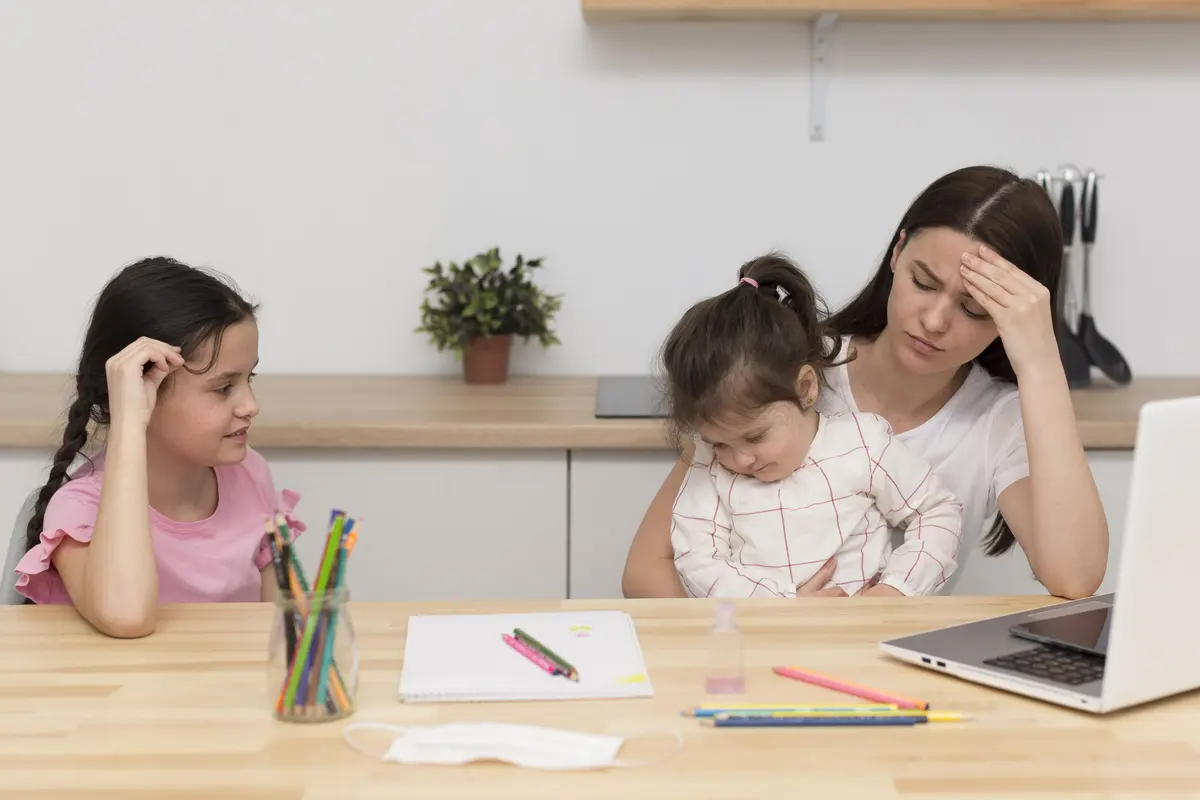Parenting, a journey filled with challenges, sometimes encounters a common hurdle – a child’s refusal to cooperate or listen. Rather than reacting hastily, it’s crucial to delve into the underlying reasons behind this behavior. Psychologist Jazmine McCoy sheds light on some prevalent factors that contribute to a child’s reluctance to heed parental instructions.
1. Divergent Priorities
In the intricate dance of priorities, parents often emphasize routines, whereas children may have different focal points. Recognizing and respecting these divergent priorities can foster a deeper understanding between parents and their children.
2. The Significance of Promises
The importance of keeping promises becomes evident in the parent-child dynamic. When parents fail to uphold commitments, children may perceive them as unreliable, resulting in a dismissive attitude towards their instructions.
3. Reinforcing Behavioral Patterns
Behavioral patterns are reinforced when parents give in to their child’s misbehavior, creating a cycle where children act out to achieve their desires. Establishing consistent discipline is paramount for setting clear boundaries and expectations.
4. Addressing Underlying Needs
Addressing underlying needs is crucial, as factors like hunger, loneliness, boredom, or intense emotions can hinder a child’s willingness to cooperate. Attending to these fundamental needs creates a more conducive environment for positive interactions.
5. The Parent-Child Connection
Furthermore, the parent-child connection plays a pivotal role. Children may resist cooperation when they feel a lack of connection, using defiance as a way to communicate their emotions. Building and nurturing a strong parent-child bond becomes essential for fostering cooperation and understanding.
In conclusion, understanding these dynamics provides parents with valuable insights into their child’s behavior, empowering them to respond effectively. Parenting is an ongoing learning process, and acknowledging these aspects can pave the way for more harmonious interactions and a healthier parent-child relationship.







